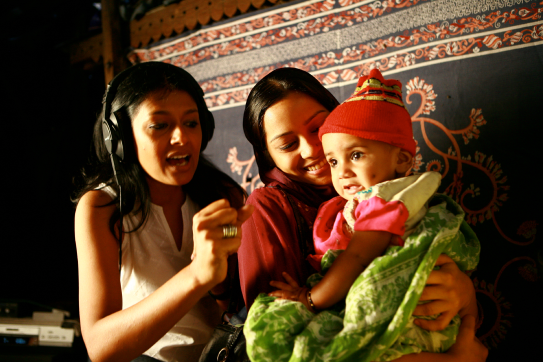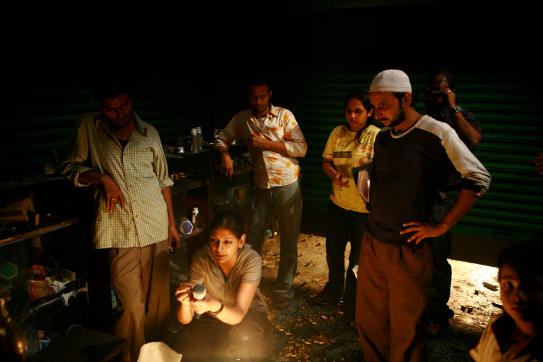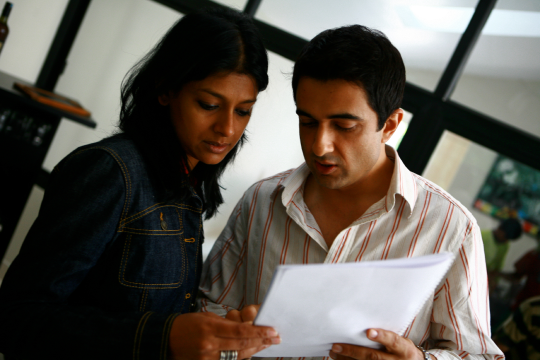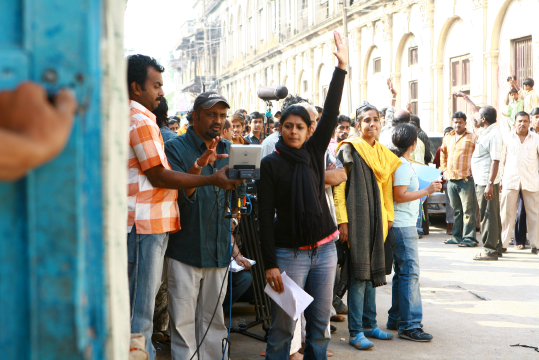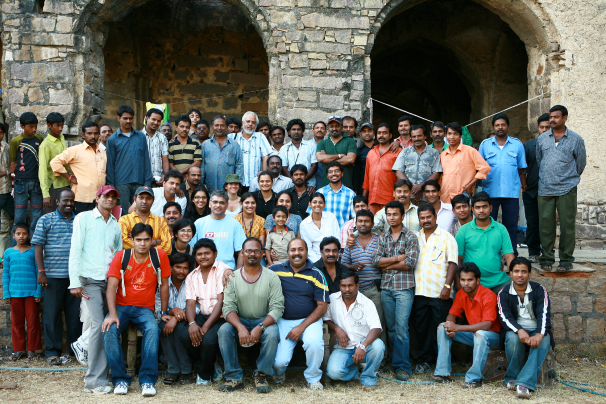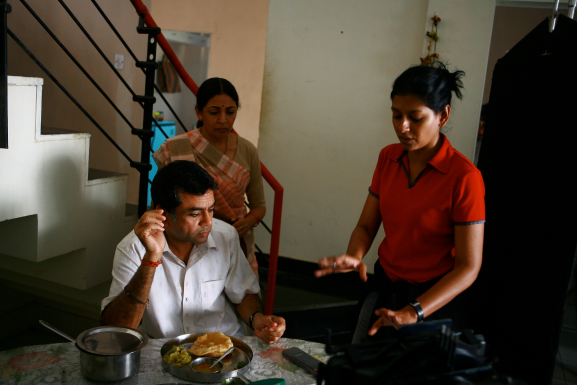Quest for the True North
- April 1, 2014
Last month I experienced a rather rare academic stimulation and the reflections have lingered on. For the first time after my little son, Vihaan, was born, I left him for so long, to attend a 10-day course at the Harvard Kennedy School. It had been ages since I last sat in a classroom on campus.
The theme of the course was global leadership and public policy. My peers, almost 70 of them, were all from varied backgrounds, ranging from an investment banker to an Oxford philosophy professor. All of us were meant to be, what the corporate world calls ‘mid-career’ influencers. The focus of the intensive module was to foster authentic leadership and find one’s ‘True North’, a sense of purpose. I started as a sceptic as it all sounded a bit prescriptive. After all, how could anybody teach someone to be authentic! Either you are or you are not. But the intimate group work made me realise that often authenticity also needs to be worked on, especially in today’s times.
Gradually, I started warming up as I was struck by the degree to which the professors prepared for their classes and yet were spontaneous enough to be led elsewhere with the many questions that the class raised. A far cry from my experience of college lectures.
The most fascinating session for me was ‘Hidden spots-biases (and prejudices) of good people’! All of us thought we were reasonably liberal and progressive, but the professor proved that each one of us was a storehouse of biases and prejudices that we didn’t even know about! She showed us through simple in-class experiments how our preconceived notions, perceptions and conditioning were coming in the way of our views on gender and race, among others.
A lot of my work explores biases and prejudices, which often do not manifest in blatant racist or sexist terms, instead take subtle and hidden forms that at times are perhaps even unintended. One of my classmates told me a new term for this-microaggression. While the term is still largely doing the rounds of academic circles, it is soon going to be part of our conversations, as we increasingly move towards political correctness, but continue to have deeper biases that underestimate others on the basis of their religion, caste, colour or gender.
With much stirring within, I returned to my world, in the midst of what is turning out to be a highly polarising election. Hoardings, rallies and screaming battles on TV have reached a new high and that NarendraModi might be our leader has made his supporters, who are eager to run past the finish line, most intolerant to differing views.
I got a taste of this bitterness when I signed an appeal. AnjumRajabali, a screenplay writer and a conscientious citizen, wrote to me to sign a petition to vote for secular parties to uphold India’s cultural diversity and pluralism. I didn’t think I was saying anything new or provocative. Yet the reaction was swift and shrill, especially on social media, where vicious attacks came pouring in. Most of the people tweeted that they wanted me to go to Pakistan! If this is how the champions of ‘development’ make their arguments, then there is little hope for civilised discourse and diverse views going forward.
Fresh from the reflections on biases, authenticity and leadership, I cannot help but feel despondent. I cannot help but bemoan the prejudices that I see all around me, especially among the educated elite, who seem to have suspended their critical judgment regarding Modi. I cannot help but be aghast at the comments that one hears these days. “What if he is autocratic, a good dictator is what we need!” Does such a thing exist? “Secularism is dividing the nation!” How can an inclusive concept do that!
When we buy into a story, we just stop seeing and listening. And I cannot help but fear that in these elections we are collectively losing our True North.

